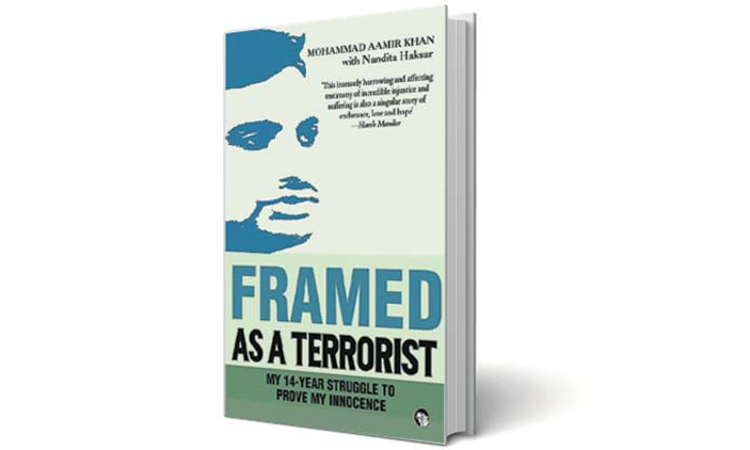Book Review- Framed As A Terrorist: My 14- Year Struggle to Prove My Innocence
Surbhi Karwa
19 Jan 2020 12:42 PM IST

Next Story
19 Jan 2020 12:42 PM IST
(Content Warning- Few Portions can be disturbing read) "I sat on a chair (in library in jail). I suddenly felt this simple act of sitting on a chair had restored some of my dignity and self respect. After I was released from jail, one of the first things I did was to buy four chairs so that I could sit with dignity ...." From the book[1] 'Framed As A Terrorist: My...
